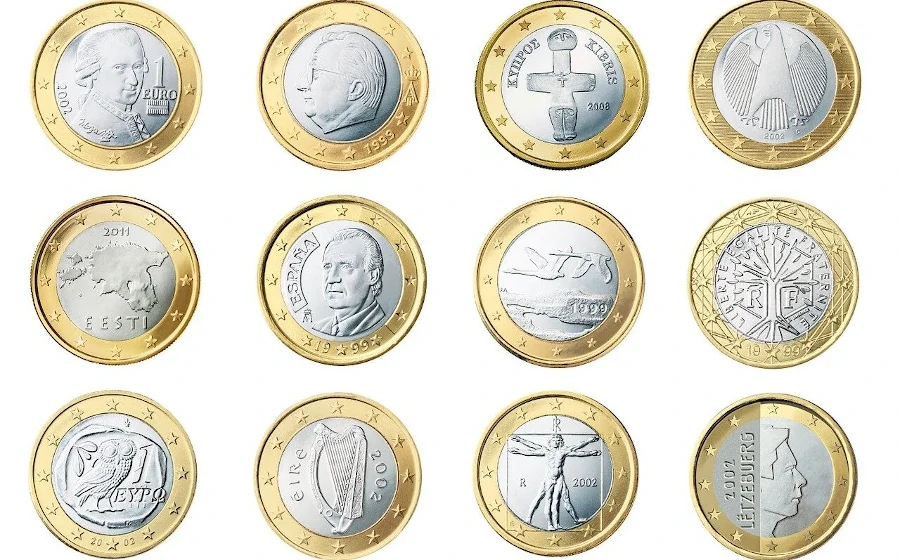What is an EORI Number and when do you need one in Spain?

Businesses that operate within the European Union and that wish to trade with other Member States must ensure that they are up to speed with all the requirements necessary to comply with regulations across the region.
One of these requirements is for all businesses that are buying and selling across borders to have an Economic Operators Registration and Identification number (EORI).
This article will explain the EORI, who it applies to, and how it can be obtained.
What is the EORI number?
The EORI is a tax ID that is used to identify all economic operators within the EU and is used for trading and customs purposes. Having this common identification number for all entities is more efficient -- both for businesses and for customs authorities in each country -- than it would be if each Member State used its own, differing style of identifier.
Employing a single format also increases efficiency when it comes to statistical and security purposes, as the process for verification can be simplified.
The EORI number is made up of two sections:
- a country code that applies to all operators in the issuing Member State
- a unique code or number that applies only to the individual operator
When do you need an EORI number?
Any economic operator that is established within the EU customs territory must have an EORI number for customs purposes, should their business activities and operations - including passive ones - fall under customs legislation.
This covers activities such as importing, exporting, being a declarant, or being an authorisation holder for customs procedures. It does not make a difference if the economic operator is a company, with a legal personality, or a natural person.
An economic operator that is not established within the EU customs territory must also have an EORI for a number of different situations. For example:
- To lodge a summary declaration or customs declaration in the EU customs territory.
- To file both an entry or an exit summary declaration.
- To lodge a temporary storage declaration in the EU customs territory.
- To act as a carrier for the purposes of transport by air, sea, or inland waterway.
- To act as a consignor for the issuance of dispatching documents or receipt of any customs notifications related to lodging or amendments to entry summary declarations.
- To apply to become an Authorized Economic Operator (AEO).
Persons that are not economic operators should register in the following situations:
- Where such registration is required by a Member State.
- Where the person engages in operations that require the provision of an EORI number, following EU customs legislation.
How do you apply for an EORI number?
For those within the EU customs territory, an EORI number can be requested from the country’s customs authority where the business is established, or from another EU country in which imported goods arrive at customs.
Operators established outside the EU customs territory can request the assignment of an EORI number from the customs authority of the EU country in which they must first lodge a declaration or apply for a decision.
In Spain, the customs authority and issuer of EORI numbers is the Agencia Tributaria and applications can be made or checked on their website. In order to obtain an EORI number, a business must already be VAT-registered in Spain.
The customs authorities for other Member States can be found here.
It should be noted by non-EU traders that it may take up to 10 days for the Agencia Tributaria in Spain to issue the EORI number, depending on the port. Therefore, to avoid the inconvenience and cost associated with shipments being blocked at customs, it is advised to obtain the EORI number before shipping any goods.
Once obtained, the EORI number does not expire.
Special requirements for exportation from the EU
In November 2020, EU regulation 2015/2446 on the Union’s Customs Code became applicable under Spanish law. As a result of the regulation, businesses without a permanent establishment in the EU can no longer export from the EU using an EORI. This means that submissions of export declarations from such operators will not be accepted.
Nonetheless, an operator without a permanent establishment in the EU will still be able to import into the EU customs territory using an EORI.
How do you know if an operator has a valid EORI number?
An EORI number can be validated by checking the European Commission’s EORI online database.
Following the UK withdrawal from the European Union on 31 December 2020, the EORI numbers and AEO authorizations of the UK, starting with the ‘GB’ code, are no longer consultable via the online database. Now UK operators, similar to other non-EU operators, can apply for an EORI number from the Member State in which they will need to submit customs declarations.
However, the EORI and AEO numbers applicable to Northern Ireland, starting with the ‘XI’ code, are available for query, as foreseen by the Northern Ireland Protocol.
Getting Professional Help
If you need more clarity about the EORI application process in Spain, or if you need a legal professional to complete the registration on your behalf, contact the team at Strong Abogados below and one of our specialist business lawyers will be in touch.